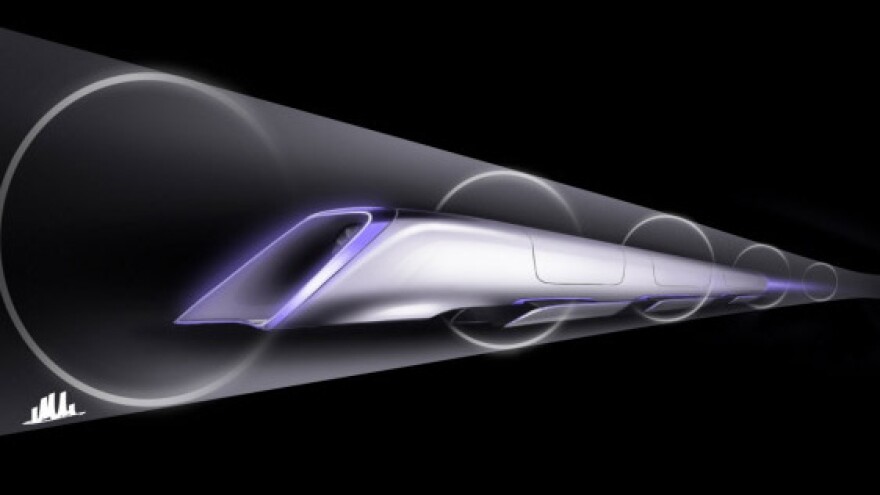Each Friday we round up the big conversations in tech and culture during the week that was. We also revisit the work that appeared on this blog, and highlight what we're reading from our fellow technology writers and observers at other organizations.
ICYMI
In case you missed it ... here on All Tech, we talked with Bryan Goldberg, a man who "mansplained" his way into Internet furor when he launched his new "feminist" site, Bustle.com. Steve Henn profiled a kids' hacking camp that teaches pre-teens how to both break technology and break into it. And national security correspondent Tom Gjelten wrote about the next big threat to our power grid — cyberattacks that could undermine critical infrastructure. Our weekly innovation pick was Tile, which you can attach to items like your keys and wallet and locate them with an app so you never have to fumble around for them again.
On our airwaves, All Things Considered featured a chat with Laura Sydell about the two-hour outage of The New York Times, already playfully dubbed the Great Website Outage of 2013. The Times said it was an internal technical error and not a cyberattack, but on Thursday, in a separate incident, The Washington Post announced it was targeted and hacked by the Syrian Electronic Army. I reported for both our morning and afternoon programs on Elon Musk's proposed Hyperloop, which he claims could take passengers from L.A. to San Francisco in 30 minutes. And Youth Radio's Bianca Brooks reported on how teens are turning to social media to arrange car rides.
The Big Conversations
Hyperloop dominated the headlines this August week, and so did anticipation of the coming announcement from Apple on Sept. 10, likely about the latest iPhone. Bloomberg Businessweek got the scoop from its inventor, Elon Musk, before Musk himself shared the 57-page white paper on the design. The Hyperloop isn't even close to a prototype, but writers are excited about its promises, while some publications spoke with dubious scientists who say the engineering won't work. NPR's Krishnadev Calamur explained that the Hyperloop captured our attention because of the unusual cachet Musk, the visionary inventor, carries in the fields of science and technology.
What's Catching Our Eye
In no particular order:
The Atlantic Wire: Autogrammar Is Coming To Autocorrect
If this means the end of the non-word "irregardless," I'm all for it.
Foreign Policy: Irony Alert: Pentagon Now Sees Big Data As 'National Security Threat'
"The irony is delicious," Foreign Policy writes. "At the time government officials are assuring Americans they have nothing to fear from the National Security Agency poring through their personal records, the military is worried that Russia or al Qaeda is going to wreak nationwide havoc after combing through people's personal records."
New Scientist: Robot comedian stands up well against human rivals
"I find the robot funniest when he plays on our assumption that robots should be overly literal. 'You know what really pushes my buttons?' says Robothespian. 'That guy that's in control of me,' pointing to a man sitting with a laptop at the back of the stage."
Copyright 2021 NPR. To see more, visit https://www.npr.org.





